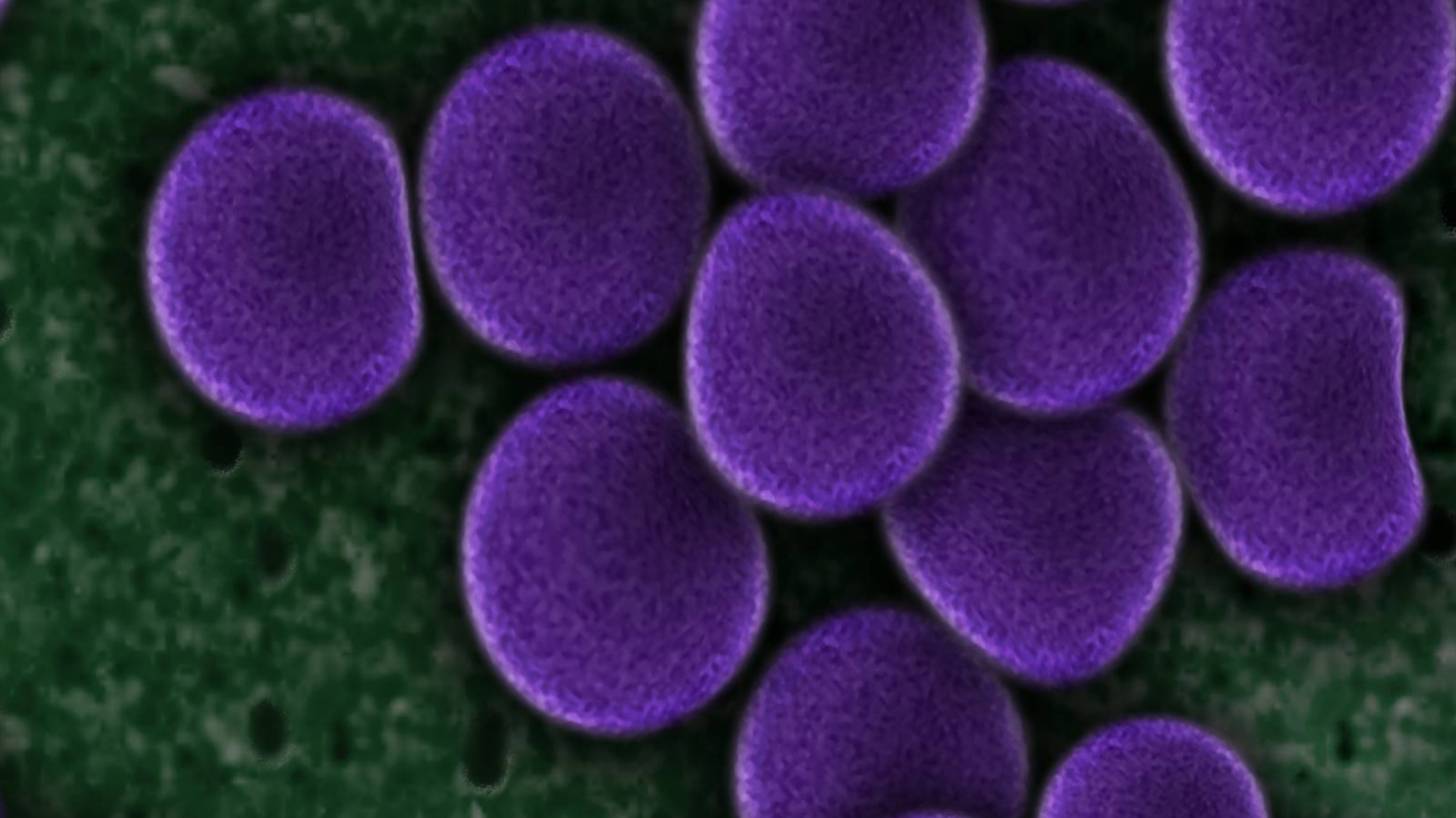Vaccines Are Weapons Against Drug-Resistant Microbes

Antimicrobial resistance (AMR) has been hailed as one of the biggest threats to humanity, said Seth Berkley, MD, in an editorial published in Scientific American on April 8, 2019.
Dr. Berkley is the CEO of Gavi, the Vaccine Alliance:
The number of deaths caused by drug-resistant bacteria is expected to rise from 700,000 to 10 million a year by 2050.
But while the challenges of developing new classes of antibiotics and reducing the use and misuse of existing drugs have dominated the headlines, there is a more immediate and complementary solution: vaccines.
Vaccination not only prevents the spread of these bugs and prevents resistance from occurring, but it also significantly curtails the use of drugs every year by preventing infections in the first place.
While this places immunization on the frontline in the fight against AMR, that is not by design; it is a coincidence.
Even though it is now widely recognized as one of the most effective ways of reducing the spread of AMR, our use of vaccines is still aimed primarily at reducing deaths and illness caused by infectious disease.
That means we are failing to fully exploit one of our most powerful weapons against drug resistance.
But if we made AMR a core part of our global vaccine strategy—dictating how we prioritize and incentivize the use of existing vaccines and the development of new ones—then we could achieve so much more.
Until we do, we’re not doing all we can to beat AMR.
Click here to read the balance of Dr. Berkley's editorial.
The World Health Organization (WHO) says AMR happens when microorganisms, such as bacteria, fungi, viruses, and parasites, change when they are exposed to antimicrobial drugs, such as antibiotics, antifungals, antivirals, antimalarials, and anthelmintics.
Microorganisms that develop antimicrobial resistance are sometimes referred to as “superbugs”.
As a result, the medicines become ineffective and infections persist in the body, increasing the risk of spreading to others.
In 2016, 490,000 people developed multi-drug resistant TB globally, and drug resistance is starting to complicate the fight against HIV and malaria, said the WHO.
A recent example is in Tijuana, Mexico.
On March 18, 2019, the Centers for Disease Control and Prevention (CDC) updated a Level 2 Travel Alert warning US residents about optional surgeries at the Grand View Hospital, a Tijuana hospital.
This Travel Alert says ‘some US residents returning from Tijuana, Baja California, Mexico, have been diagnosed with infections caused by an antibiotic-resistant form of Pseudomonas aeruginosa bacteria.’
Created in 2000, Gavi is an international organization - a global Vaccine Alliance, bringing together public and private sectors with the shared goal of creating equal access to new and underused vaccines for children living in the world’s poorest countries.
Our Trust Standards: Medical Advisory Committee


